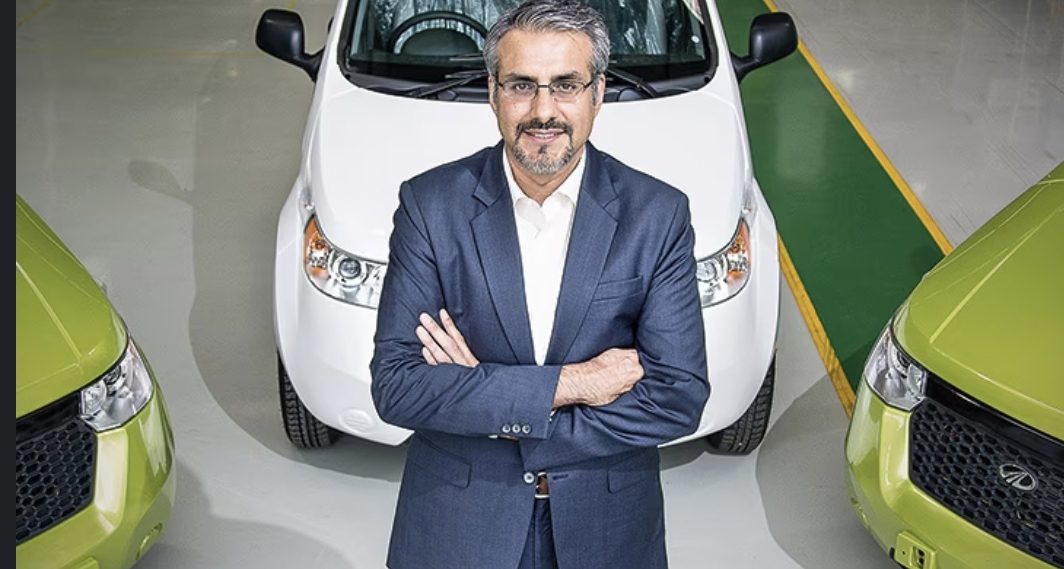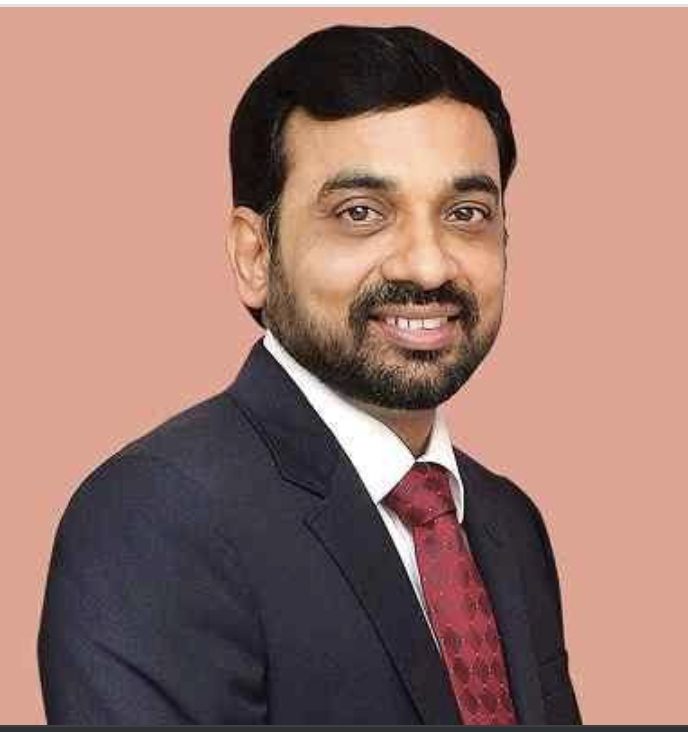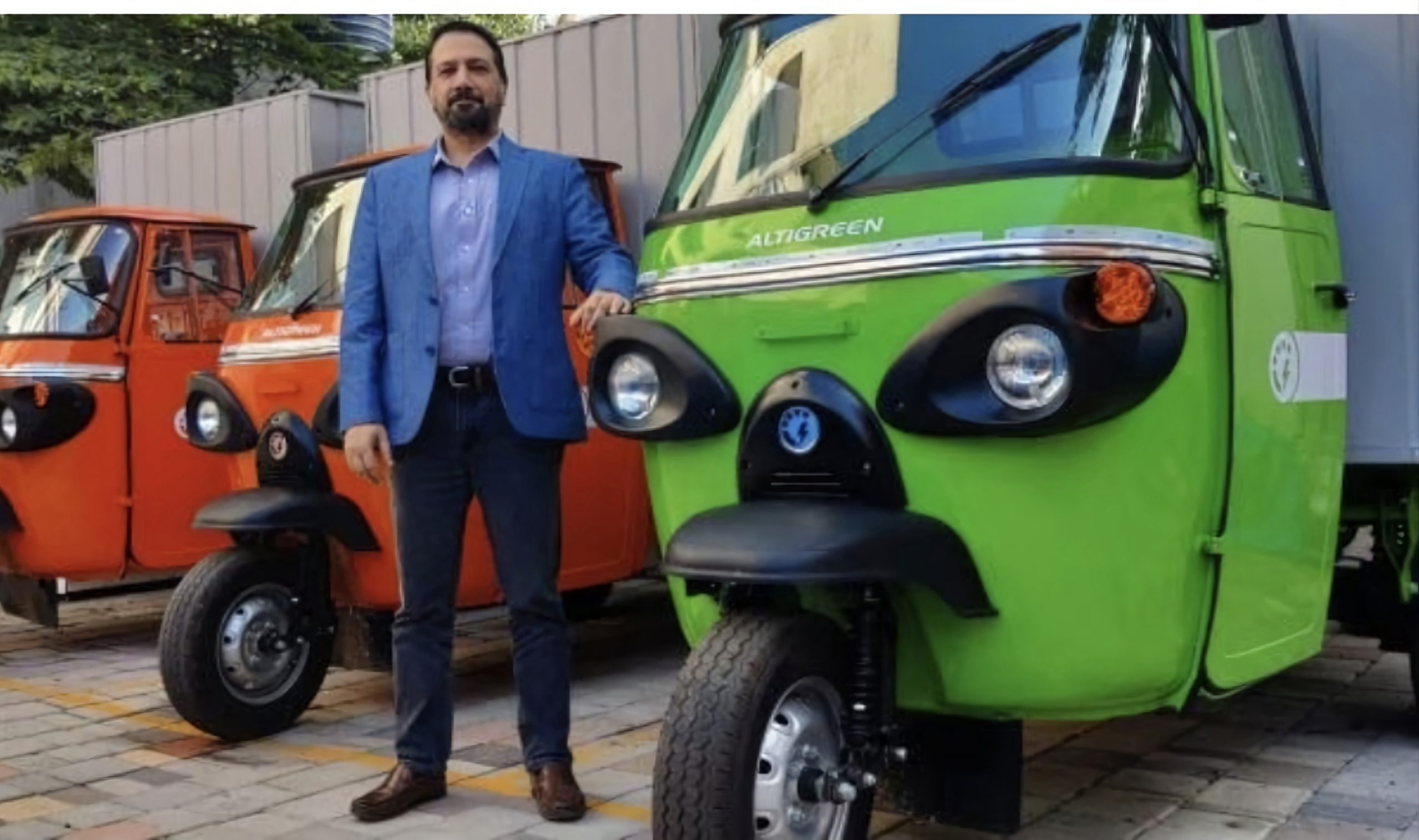Eclectic Indians are spearheading the electric mobility wave across the world as unicorns are sprouting across the country to lend a greener outlook to our lives
(March 17, 2022) If you’ve visited the more cosmopolitan areas of Bengaluru in the early 2000s, it is unlikely that you have missed the sight of India’s first electric car – the Reva– in its bright colours, scurrying around town, usually with a lone passenger, sometimes two. It was a fad for the well-heeled to have REVA as their supplementary car, usually for chores and drives that do not involve lost distance travel.
Early days of REVA revving up the industry

Chetan Maini, director, Lithium Urban Technologies
In 1994, when Chetan Maini launched the REVA (Revolutionary Electric Vehicle Alternative) as a joint venture with Amerigon Electric Vehicle Technologies(AEVT Inc.), little did he know that two decades later, his brain child will go on to become a case study in electric mobility. REVA was ahead of its times, and still managed to export to around 25 countries including France, Greece, Brazil, Japan. Portugal, Spain and Bhutan, Nepal and Sri Lanka, closer to home. An ideal example of an Indian-origin innovator in the electric mobility space, Chetan boasts of an educational roster that includes Harvard Business School, University of Michigan, and the Stanford University. He was at the helm of REVA (eventually taken over and rebranded as Mahindra Electric Mobility Limited) for 16 years before becoming the director in 2016 of Lithium Urban Technologies, a company that he calls “an initiative to establish the infrastructure and service environment for shared electric-powered mobility in India”. Today, the world is embracing electric mobility as the future of personal transportation, and Indian innovators and businessmen are rolling up their sleeves to fight on what is a familiar turf for them, thanks to the Maini impetus.
The Indo-Spanish handshake

Mahesh Babu, CEO, Switch Mobility
Another Indian name that is synonymous in the electric mobility world is that of Mahesh Babu, a 20-year veteran in the field. From being an advisor and consultant for the Niti Aayog, Mahesh is the biggest electric mobility policy maker in the country. His dream of “creating customised electric mobility experiences with cutting-edge technology, for a billion Indians” has led him to embrace the concept of being a “servant leader – focussing on developing strong teams based on their aspirations and attitude”. For six years, Mahesh was the CEO at Mahindra Electric Mobility before recently becoming the CEO of Switch Mobility, a Hinduja Group company, under management of the Ashok Leyland team, with a manufacturing and technology center in Spain at an investment of Rs 500 crore. With this, the company hopes to break into the top 10 manufactures of electric vehicle transportation solutions.
Government impetus
While Indian innovators are collectively solving the last mile challenges of making electric mobility both accessible and affordable, the government is lending a helpful hand, not just in policy making, but also by committing to a better charging infrastructure. After all, don’t we need to recharge our electric vehicles, pretty much the same way we fuel our non-electric cars?
In mid-February, 2022, the power ministry of India made an announcement that electric vehicle (EV) charging stations have expanded by two-and-a-half times across nine Indian cities (with population of over 4 million), including Delhi, Mumbai and Chennai, just in the past four months. It also stated that government efforts have resulted in 2.5 times increase in charging stations in Surat, Pune, Ahmedabad, Bengaluru, Hyderabad, Delhi, Kolkata, Mumbai, and Chennai during this period. This is in continuation of the ministry’s January issuance the revised consolidated guidelines and standards for EV charging infrastructure, which is being hailed by the industry as a forward-looking yet achievable set of recommendations towards the proliferation of EVs, a key step towards the country’s ambitious target of 100 percent electric mobility by 2030.
Electric rickshaws

Amitabh Saran, CEO, Altigreen Propulsion Labs
While EVs worldwide are often two wheelers or four wheelers, an ex-Nasa Indian innovator decided to bring this technology to the country’s ruralinteriors, by creating an innovative electric rickshaw. The brainchild of Amitabh Saran, CEO of Altigreen Propulsion Labs, the Altigreen neEV, was launched in January this year, with a bid to transform the
commercial transportation sector in India. His company aims to develop technology for high-efficiency hybrid electric mobility solutions with a split team based in the US and India. While Amitabh’s roots lie in Lucknow and Dehradun, he went on to serve the Thailand office of Philips, before leading the development of computation modelling systems for NASA scientists, for more than a year. Two things make him feature among the big daddies of electric mobility in India. One, the fact that he has devoted more than a decade to Altigreen since inception, and two, the recent announcement by the energy arm Reliance, the Reliance New Energy Limited (RNEL) to invest more than Rs 50 crore in the company. Amitabh told global media, “A good part of the investment will be in R&D. We have on board investors who are also bringing their expertise to the table. For one, Reliance New Energy is investing heavily in non-li-ion batteries and we get access to those technologies.” He also stated that the company now plans to expand heavily into South East Asia. But his core philosophy is very grounded. He has often said, “a humble auto rickshaw driver probably won’t be thinking about the environment first. He will be worried about his livelihood and what he can take home at the end of the day, each day. Any invention for him will need to be approached from this standpoint. Rest of it in the backend is our innovation.”
Onwards to a greener future
Be it the first-mover advantage or the sheer entrepreneurial and disruptive streak of Indian origin innovators, India is set to rule the electric mobility wave in the months to follow. Today, we see a handful of Ola electric scooters or a few passenger cars with green number plates on them, but thanks to combined innovations, we can foresee a future that is cleaner, greener and more sustainable.
Future of electric mobility in India
- A report by the India Energy Storage Alliance estimates the EV market in India to exceed $200 billion by 2030.
- The Dublin, Ireland-based ResearchAndMarkets.com estimates that the Indian EV market size will grow at an astronomical 94.4 percent to reach $152.21 billion by 2030.
- 2022 is the watershed year for EV adoption in India, driven by the commercial vehicle segment of 3-wheelers, according to World Economic Forum.
Published on 17, Mar 2022







